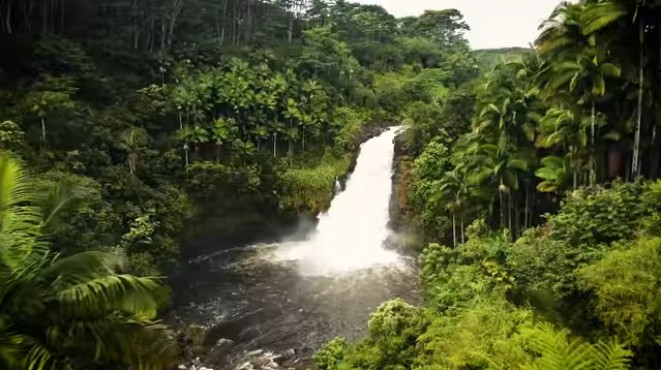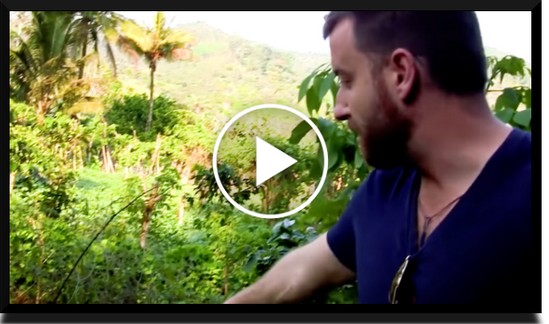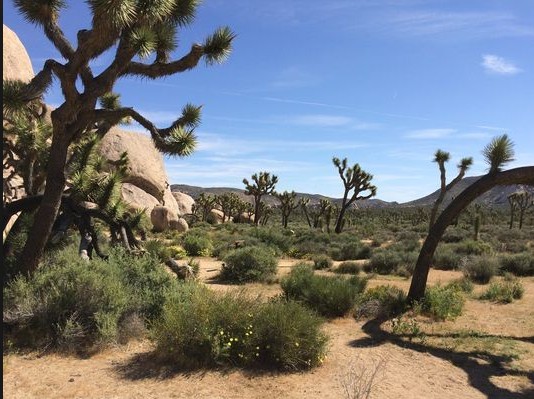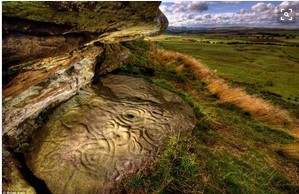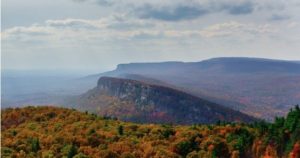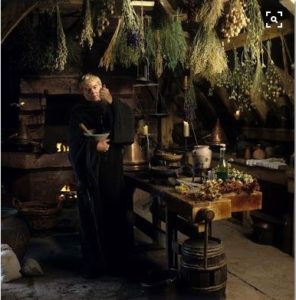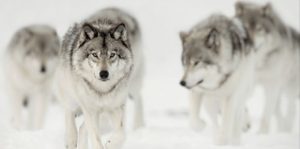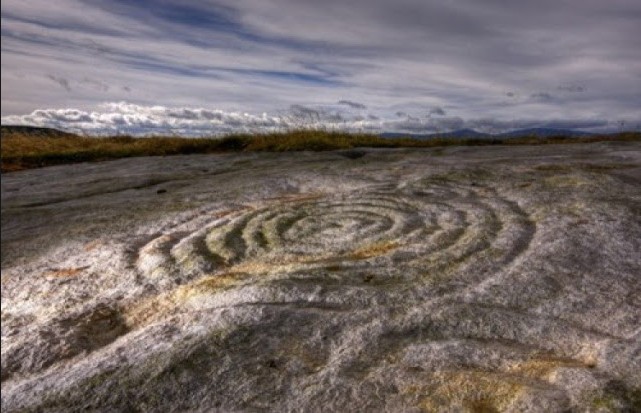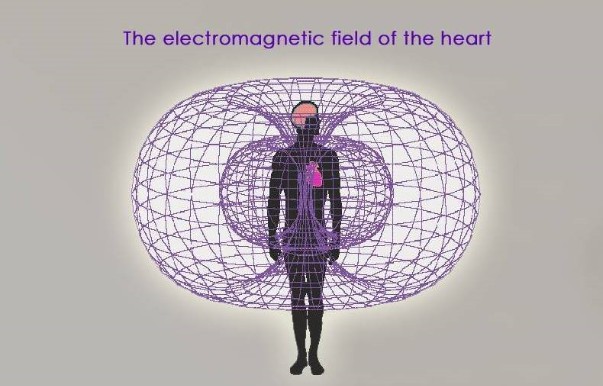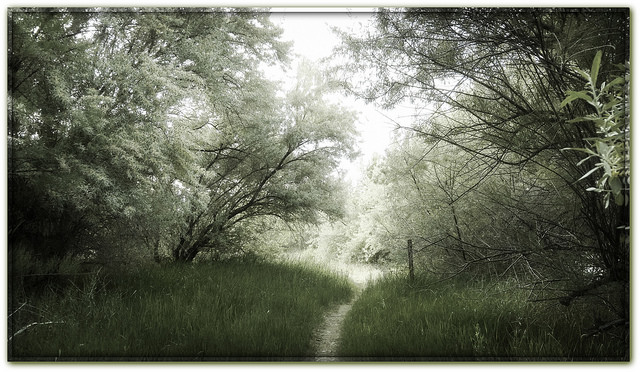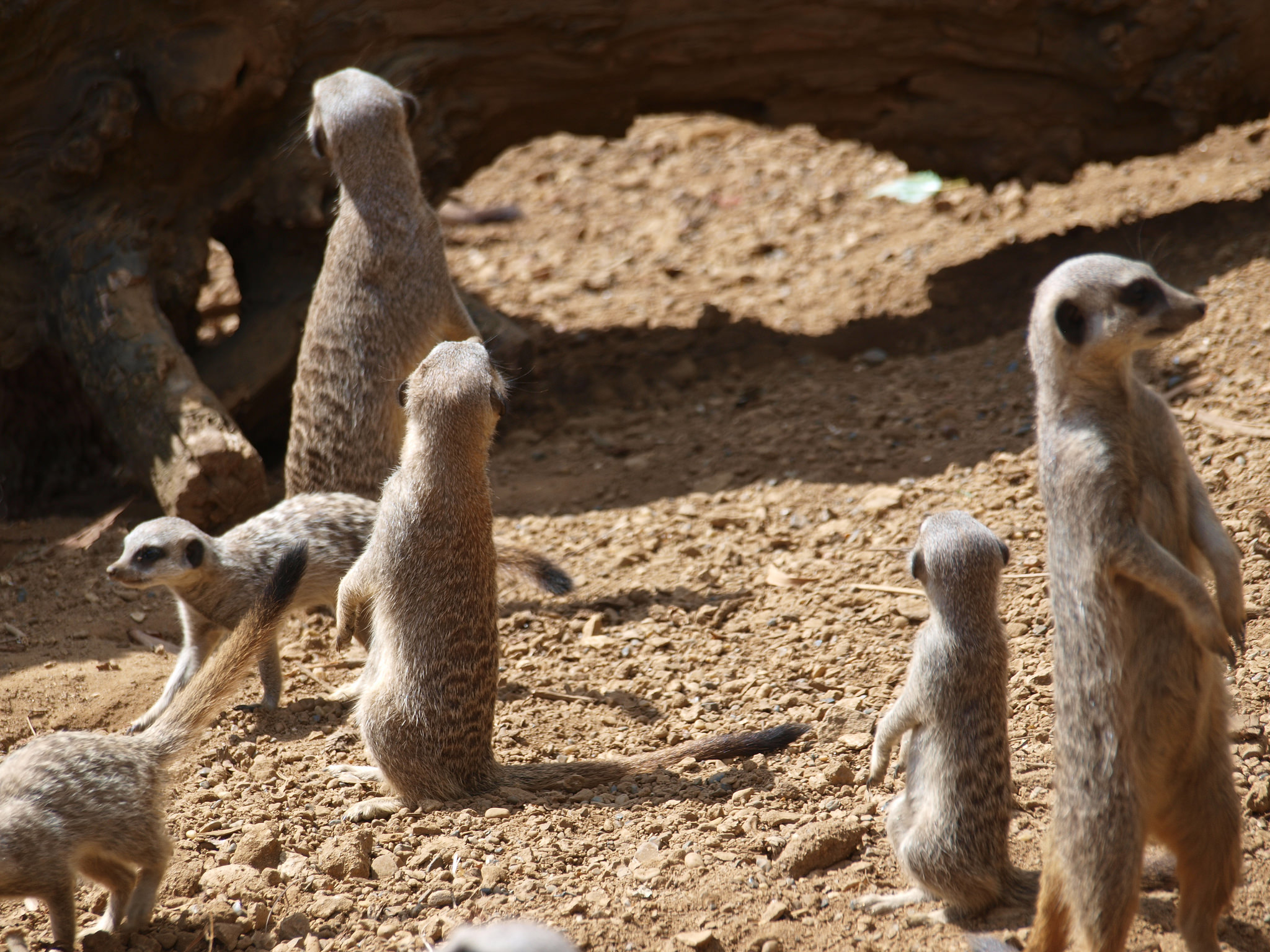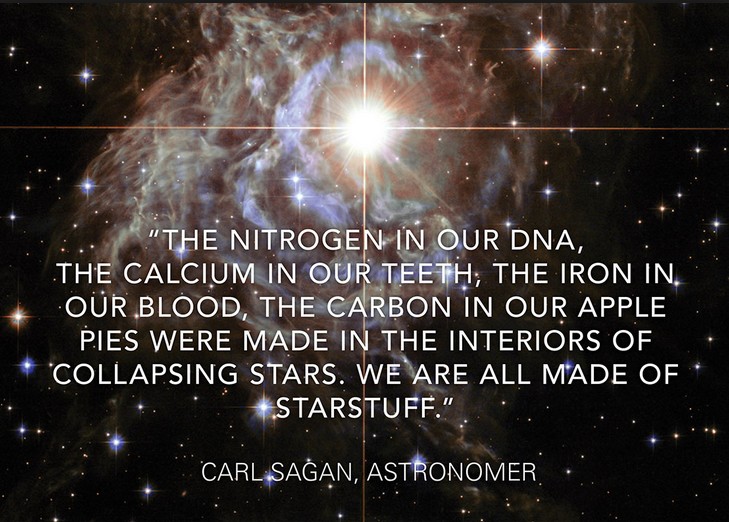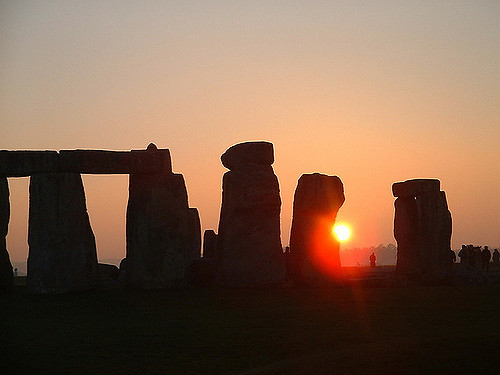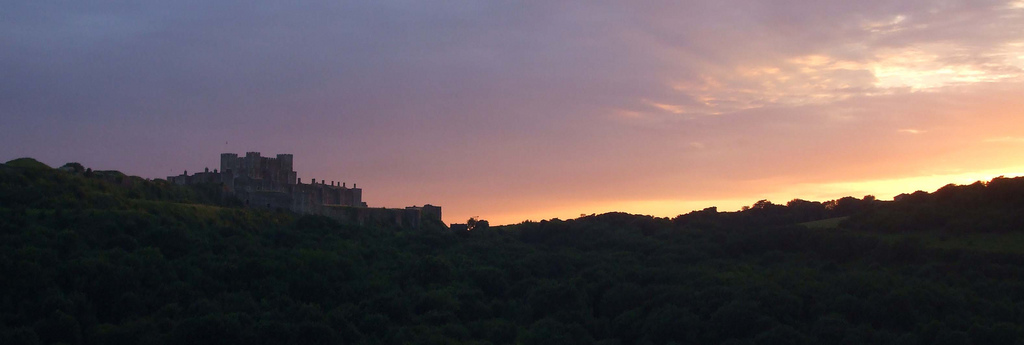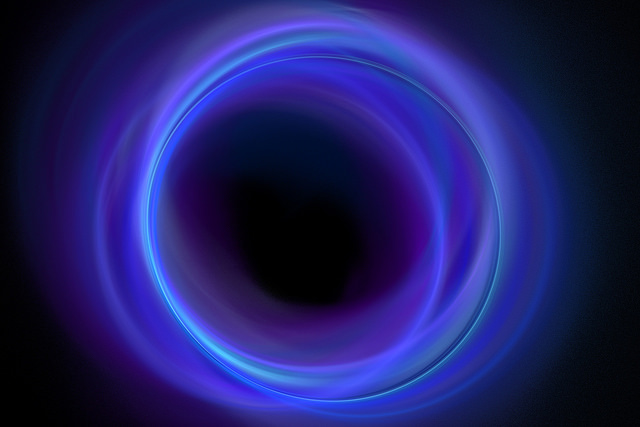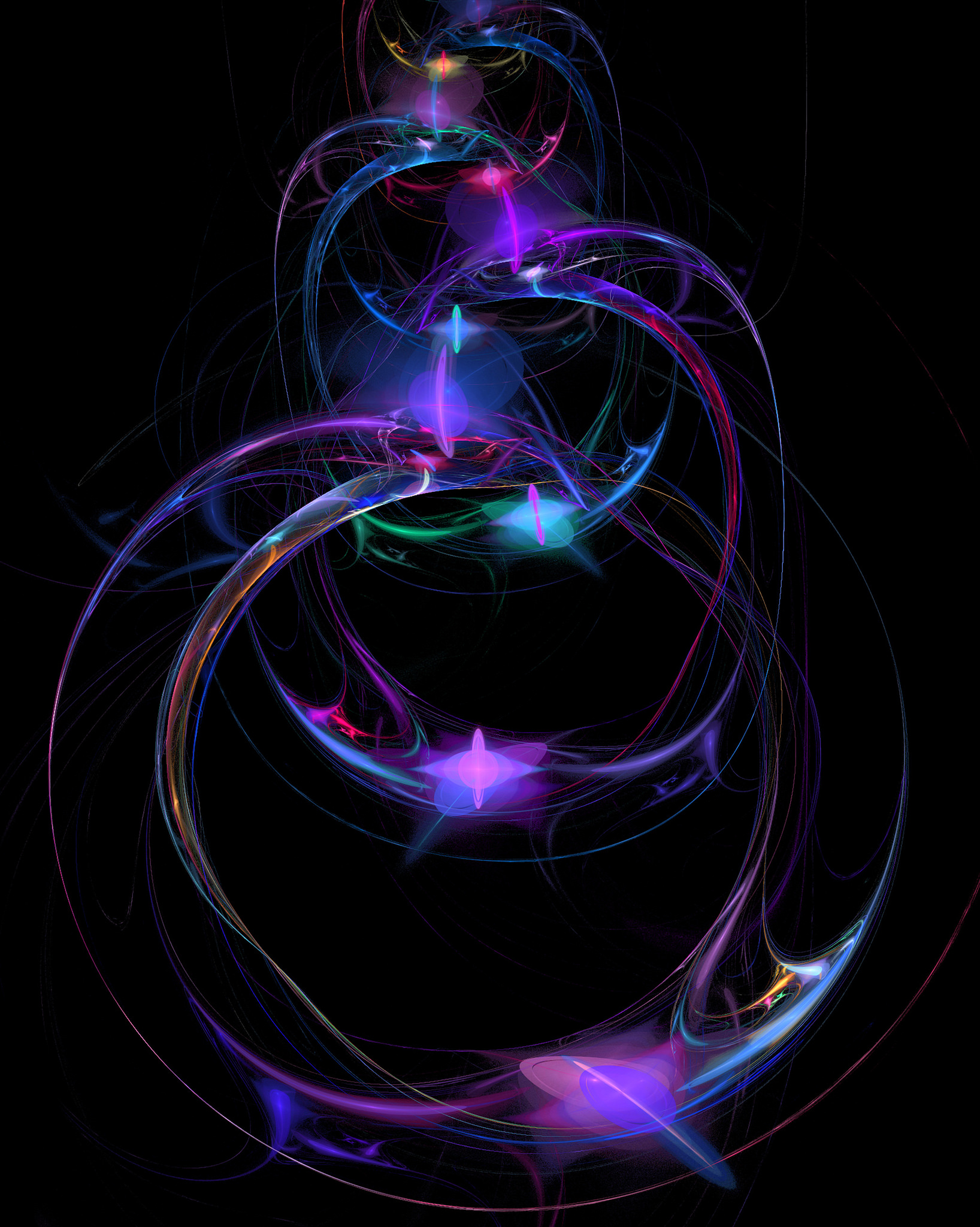Should we return to plant-based healing remedies, to aligning ourselves with what Nature has to show and give to us, or should we embrace modern pharmaceuticals as the only true source of fixing whatever is giving us distress and pain? There are so many ways of healing promised to us–how can we know?
When it comes to health, the answer is that the kind of care people want has a lot to do with their outlook on life. What they choose to do must align with their belief system. In essence, the choice they make is the best one — for them. Telling someone who is adamantly invested in modern western medical solutions that they should turn to herbal remedies is not likely to be persuasive.
What Governs Our True Health?
Our health is governed not just by the physical symptoms we experience, it is directed by our minds and hearts. If people do not believe in something, it has far less capacity to benefit them.
Consider the placebo effect, usually dismissed by professional doctors as deceptive and useless. But is it? If someone believes they have taken a pill that will fix their sore throat and do not know it is just sugar, very likely it will heal their throat. If they believe the same pill is going to alleviate their allergies, it most often will.
What this tells us is that we are more in control of our health and well-being than we think. What our brain thinks is happening IS happening. Again, this is why staying with a method of health care that we believe in matters so much. We trust only what we choose to trust.
The Danger of Synthetic Medicine
However, for millennia the remedies of choice came from plants and were administered by herbalists, usually women, and by indigenous shamans. Alas, both were shunned sometime in the late medieval period and a mostly male-derived health care system has developed over the last few hundred years. This system has always been heavily controlled, sidelining or denigrating all other health care modalities. Women lost all access to the healing processes that they had used for thousands of years. (A telling outcome around the fact that men took over medical treatment and denied the usefulness of herbs can be shown in the witch trials of the 17th century both in the U.S. and in other parts of the western world, attacks against women who, among other things, practiced the old healing remedies.)
Eventually this male-dominated new wave of medicine, which has evolved into using largely synthetic prescription medications, encouraged people to believe they needed treatment by professional physicians for even minor illnesses.
Well, does it really matter? If the medicine gets invented or is found in Nature, so what? The answer is that there are very good reasons to look at the matter of healing with more attention to the results that occur.
Nature is the Greatest Healer
Nature, in fact, does everything better than we can. A plant has massive interconnected properties. When medical research isolates those properties, extracting just a few of them, they might be creating something useful, for a while. But it does not last long. Such extraction can often have side effects that cause severe, even lethal conditions for people. But in the societies familiar with the old remedies, the people creating the healing processes and mixtures used the whole plant or a major part of it, knowing the trace elements are also essential–it is the plant’s synthesis of all its elements that give it such intensive healing properties. Extracting only some of it does not offer healing of the whole system, just symptomatic relief.
But my purpose is not to persuade anyone to shift away from what they trust medically now. It is just to offer the possibility that there might be another way of seeing — and another way of healing.
Do Check Out the Film on Some Peaceful Ways of Healing
This recent three-minute film is by someone whose work I know well. At the very least, Nick Polizzi suggests we can look more closely into ways to heal ourselves with greater inner calm, and with attention to what we are made of, for we are as much a part of this Earth as the plants that feed and can heal us.
I hope you enjoy it.

